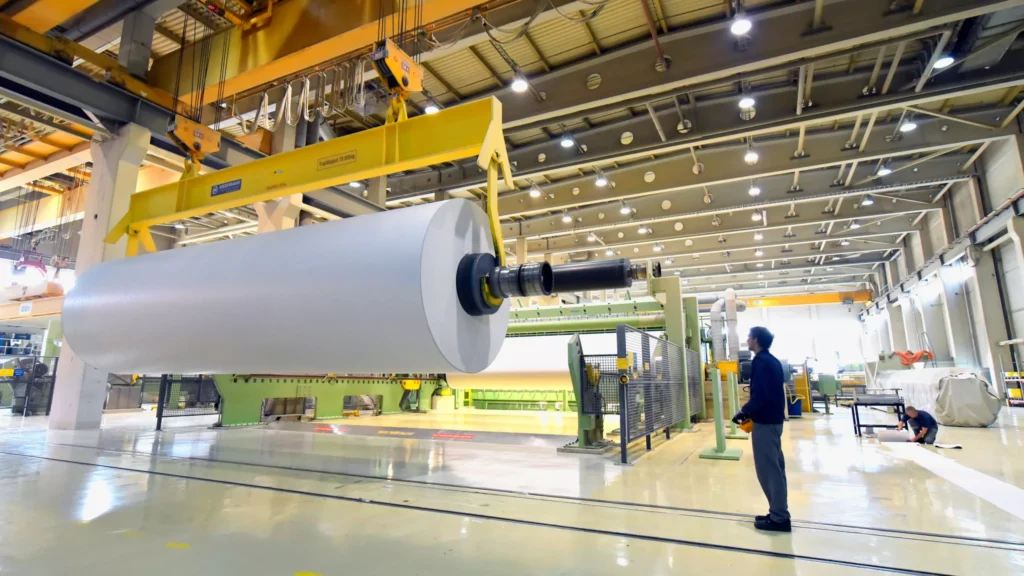The pulp & paper process is complex and energy-intensive, relying on precise control of chemical recovery, pulping, bleaching, and wastewater treatment. Below are some common questions to help you better understand how rectifiers support the industry and its operations.

